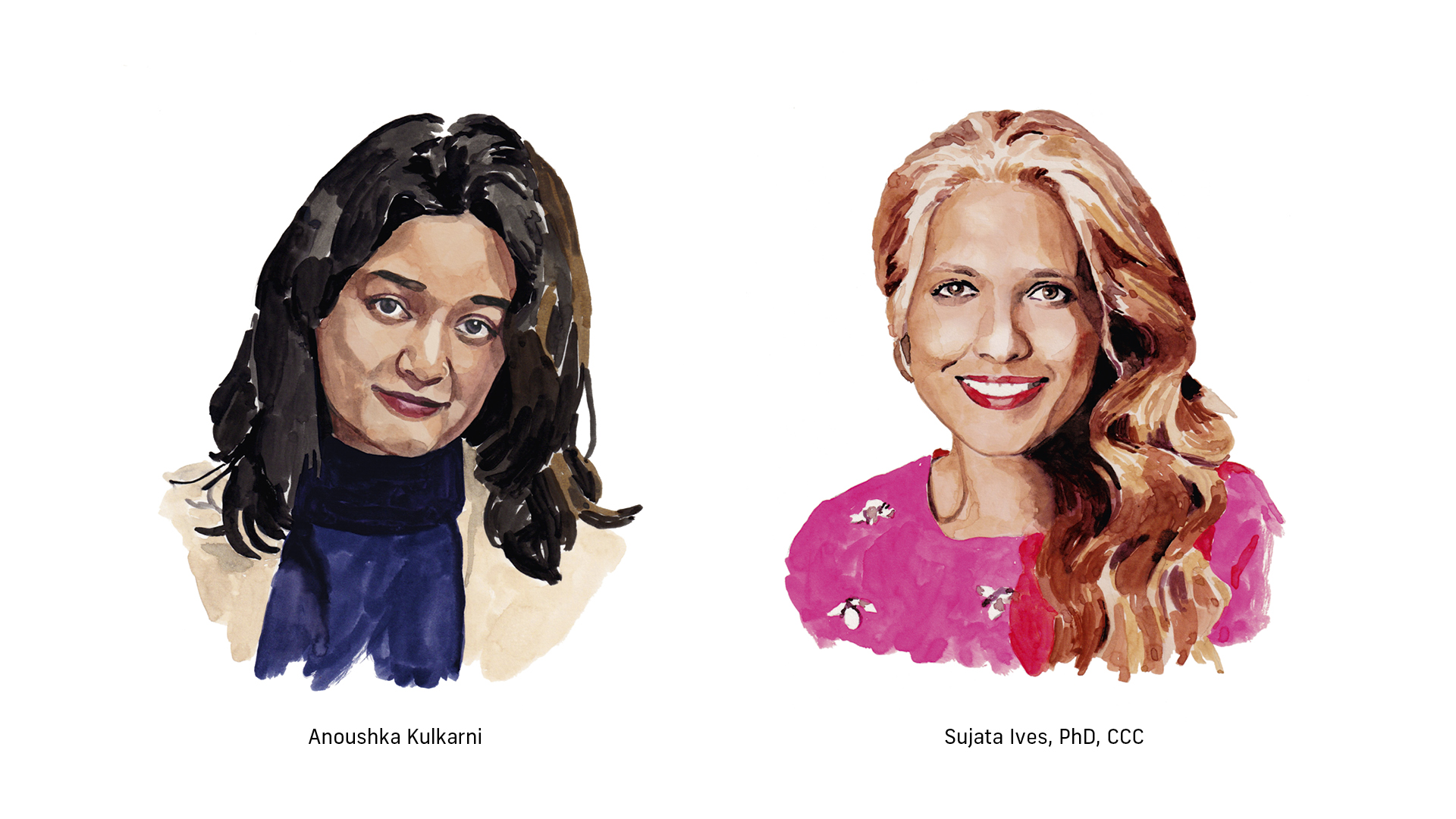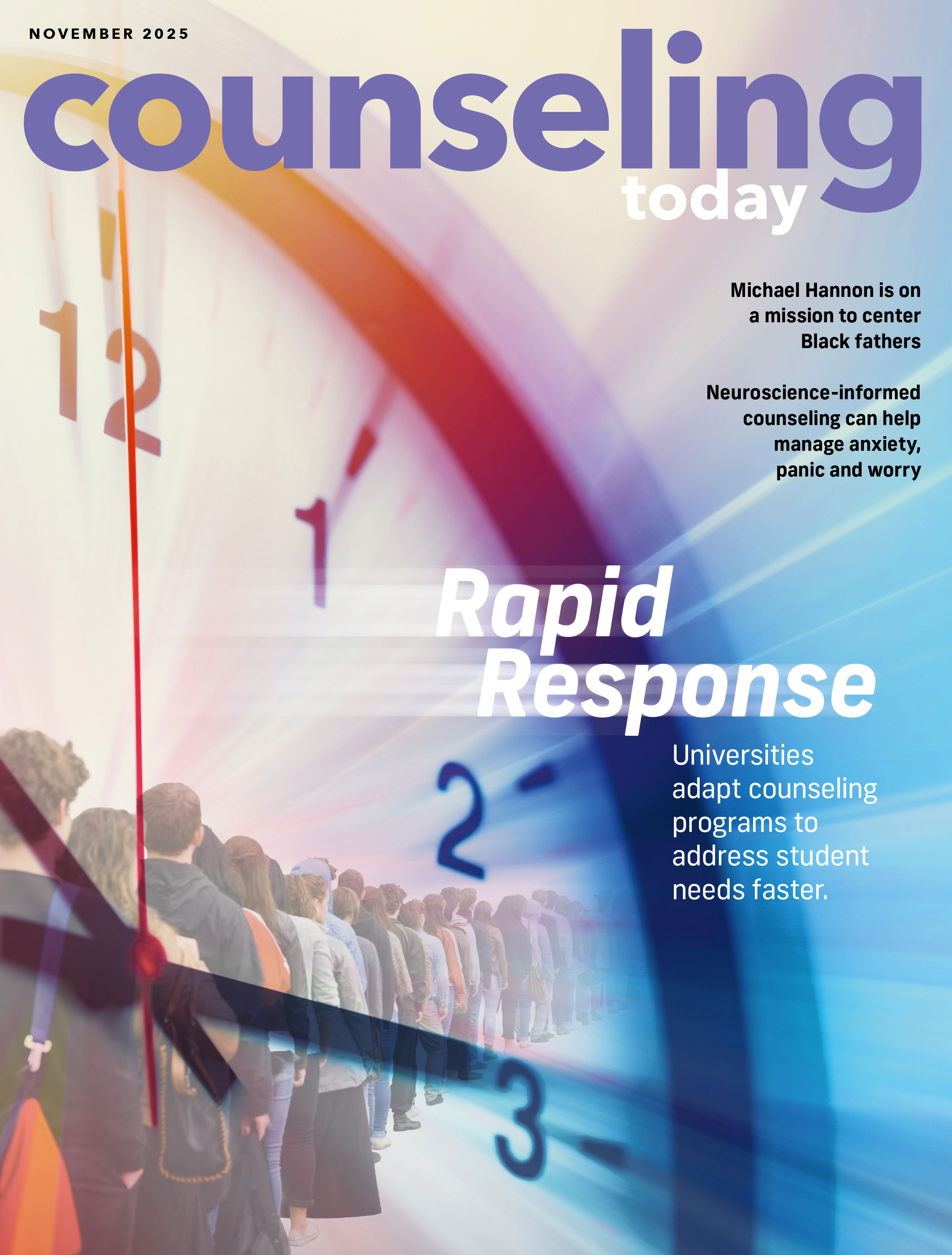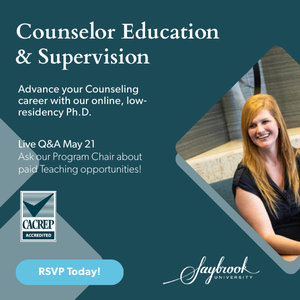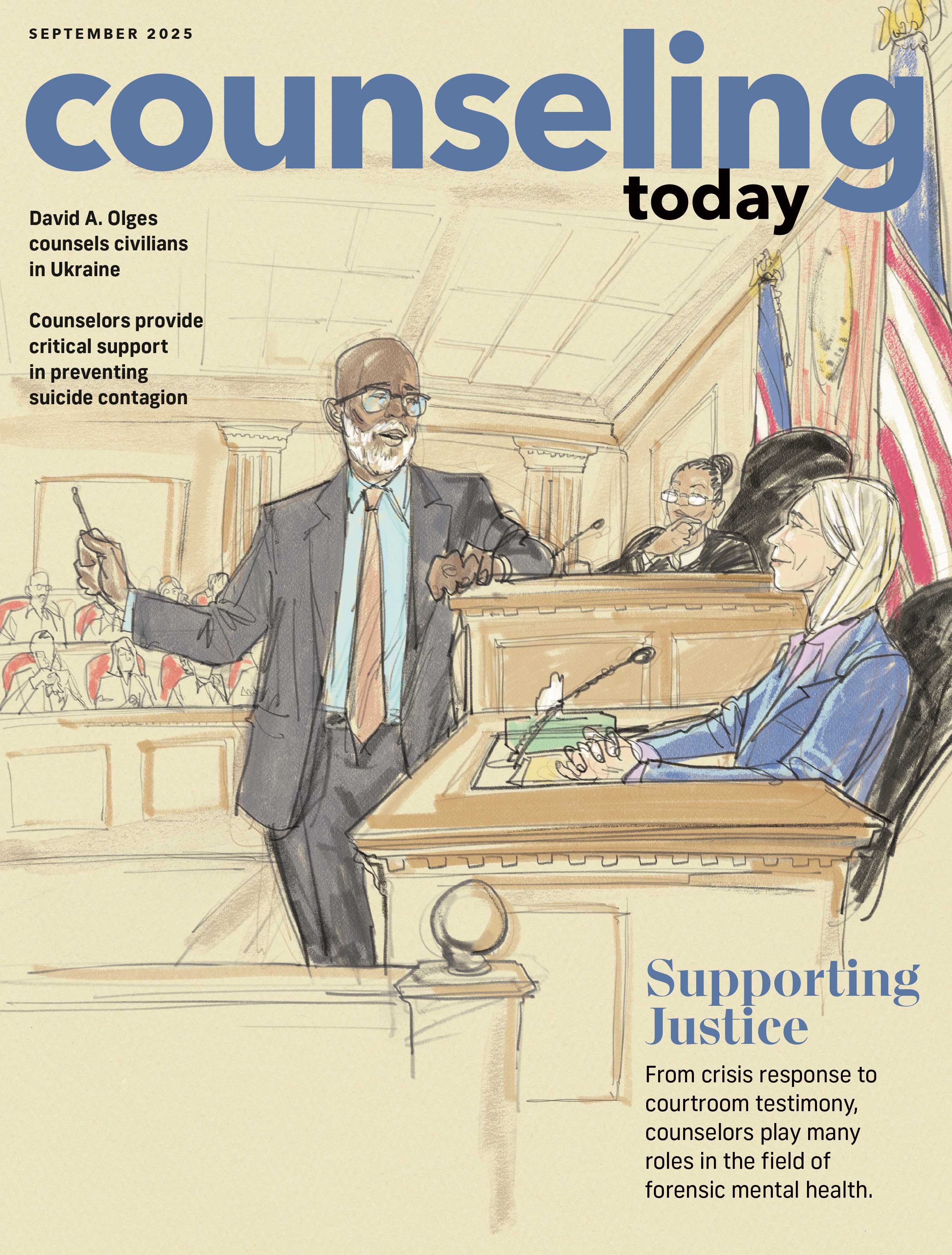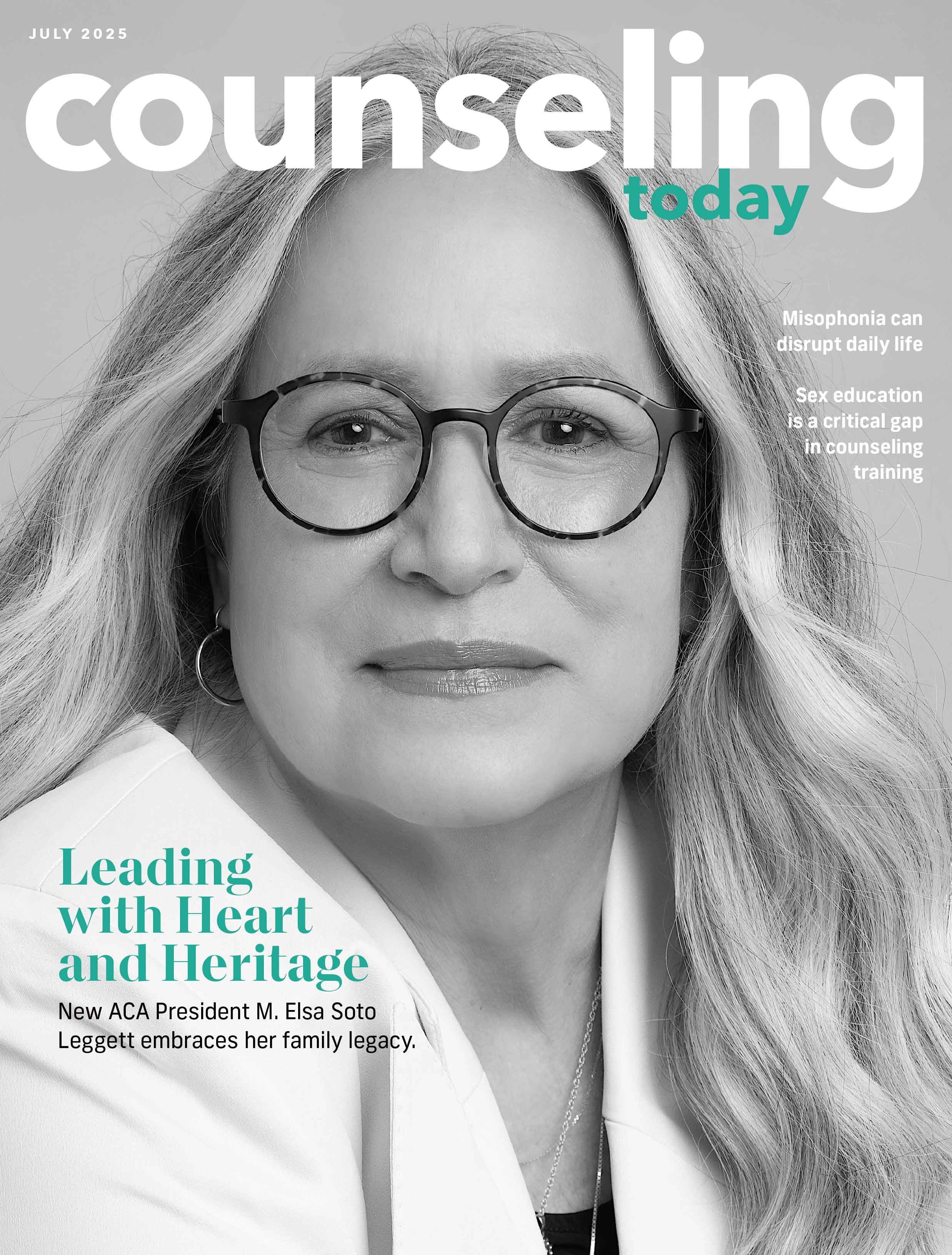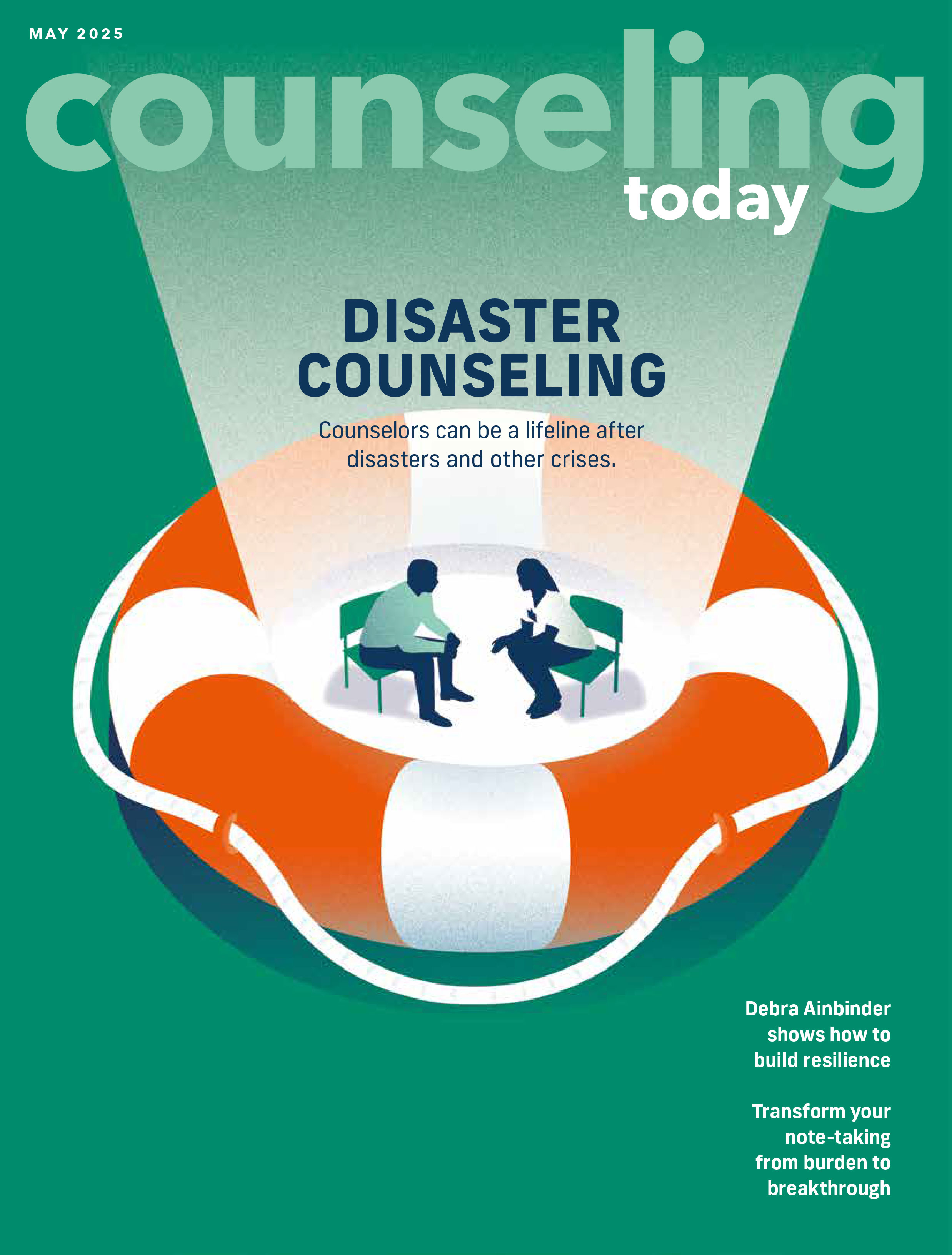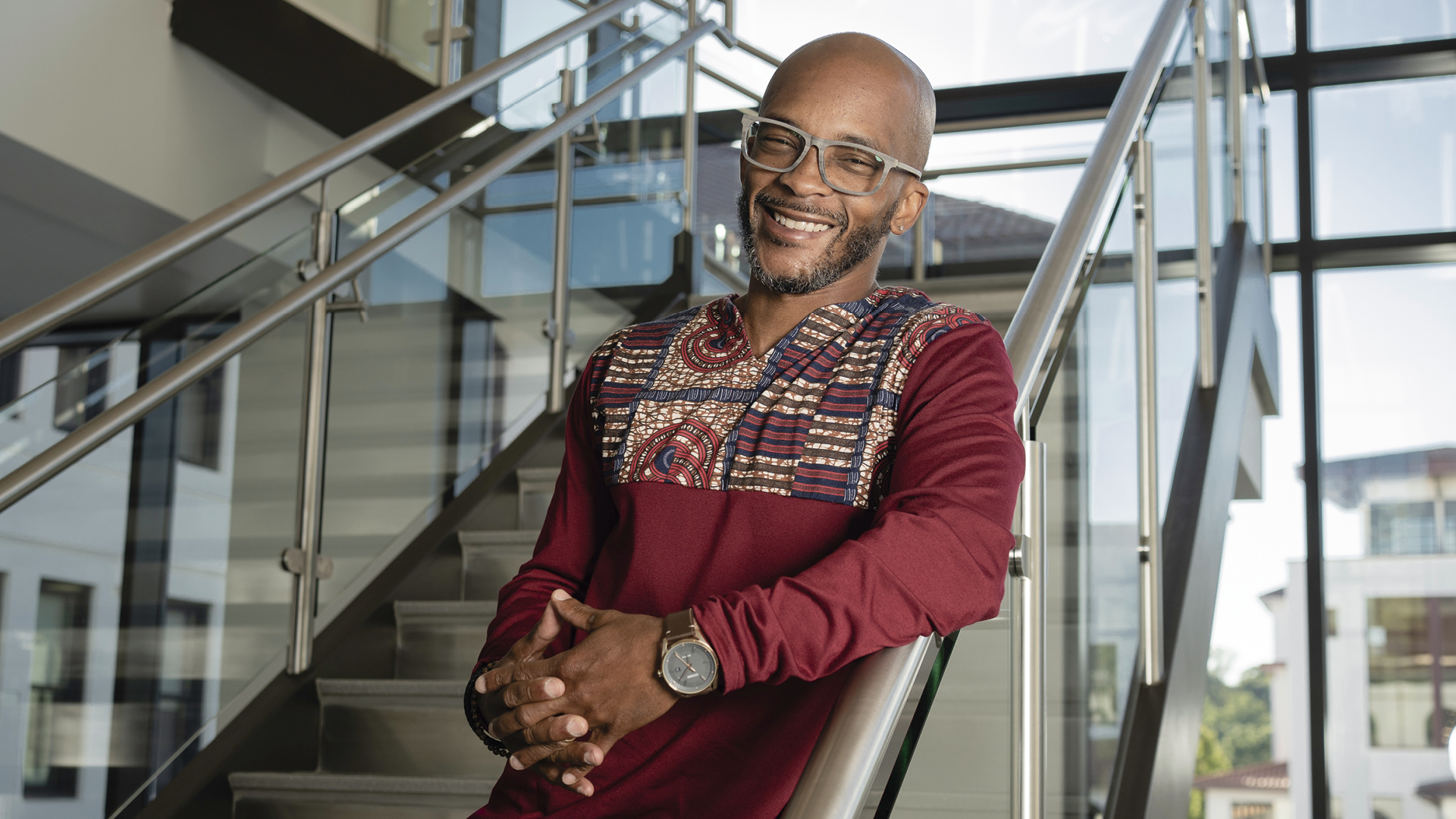
Strength of a Father
Michael Hannon is on a mission to center Black fathers.
Counseling Today Member Blog
By Büşra Vurkun
Long-distance marriages (LDMs) are becoming increasingly common as global opportunities and economic demands reshape traditional family dynamics. These relationships, defined by physical separation but emotional and legal commitment, challenge the conventional idea that married couples should always live together. While they can offer unique opportunities for growth, they also come with complexities. Professional counselors frequently encounter clients grappling with these unique and complex challenges in their relationships.
One striking feature of LDMs is how they redefine roles within the marriage. Couples often live apart for work obligations such as military deployments, educational pursuits or economic necessity. This physical separation brings both challenges and opportunities. Research has shown that roughly 67% of individuals in LDMs report feeling that distance weakens their relationship. Emotional and sexual dissatisfaction is also a common struggle, with 81% citing sexual unfulfillment and 72% experiencing emotional distance from their absent spouse.
Despite these challenges, many couples demonstrate remarkable resilience and adaptability. For some couples, LDMs offer a chance to grow independently. For example, highly educated couples often use the separation to cultivate individuality, trust and a deeper emotional bond. Studies suggest that LDM couples find ways to balance their careers, parenting roles and emotional connections, indicating that these marriages can be stable and fulfilling despite physical separation. Furthermore, partners in LDMs frequently report cherishing the time they spend together, and the distance can make their shared moments more meaningful.
Communication is at the heart of every successful LDM. Research highlights the crucial role of communication in maintaining connection, with couples who frequently update each other about their lives reporting higher levels of relationship satisfaction. Counselors can guide couples to create structured communication routines that encourage them to share not only day-to-day events but also feelings, aspirations and concerns. Tools like video calls and shared virtual activities provide practical ways to bridge the gap.
Another significant aspect of LDMs is intimacy. Physical separation often limits opportunities for sexual and emotional closeness, leaving many couples feeling unfulfilled. Yet data show that husbands in LDMs report medium levels of marital satisfaction, while wives often report even higher satisfaction levels, particularly when the couple has children or creates togetherness during visits. These findings highlight that couples can overcome intimacy challenges through planned visits, creative expressions of affection and deliberate efforts to maintain connection.
For couples with children, the challenges of LDMs extend beyond the partnership itself. Research indicates that 83% of children in long-distance families have less communication with the absent parent, which can affect their emotional development. However, proactive strategies such as regular virtual check-ins, shared decision-making and consistent expressions of parental support can help maintain a sense of family unity despite the distance.
LDMs also provide an opportunity to build resilience and adaptability. Couples who succeed in navigating complex relationships often develop skills such as patience, independence and creative problem-solving. In some cases, they also gain confidence in their ability to maintain emotional closeness, even across great distances. These strengths not only enhance their relationships but also enrich their personal growth.
Ultimately, supporting couples in LDMs requires a nuanced, open-minded approach. Counselors should avoid traditional assumptions about what a marriage should look like and instead focus on helping partners find balance and satisfaction within their unique circumstances. By fostering communication, addressing intimacy concerns and supporting parenting roles, we can empower couples to bridge the physical distance and strengthen their emotional bonds.
Long-distance marriages may not follow the traditional blueprint, but they reflect the evolving nature of relationships in a connected yet demanding world. Despite the miles, with intentional effort and support, love and commitment can thrive.
Note: Opinions expressed and statements made in this blog do not necessarily represent the policies or opinions of ACA and its editors.
Online Exclusives
-
 Grand Prize Essay Explores Responsibility in Artificial IntelligenceDecember 2025
Grand Prize Essay Explores Responsibility in Artificial IntelligenceDecember 2025The Tomorrow’s Counselors Essay Competition recognizes graduate counseling students with exceptional insight and understanding about the counseling profession.
-
 Grand Prize Essay Discusses Mental Health Challenges Among StudentsDecember 2025
Grand Prize Essay Discusses Mental Health Challenges Among StudentsDecember 2025The ACA Future School Counselors Essay Competition, part of the annual ACA Awards, recognizes graduate counseling students with exceptional insight and understanding about the school counseling profession.
Tags: -
 The Myths (and Truths) of Human TraffickingJuly 2025 |By Samantha Cooper, Staff Writer
The Myths (and Truths) of Human TraffickingJuly 2025 |By Samantha Cooper, Staff WriterUnderstanding the reality of human trafficking makes it easier to help the victims.
Search CT Articles
Sign Up for Updates
Keep up to date on the latest in counseling practice. Sign up to receive email updates from Counseling Today.
CT on YouTube
Download Recent Issues
ACA members receive access to past full issues of Counseling Today. Log in to download copies from the archive.




